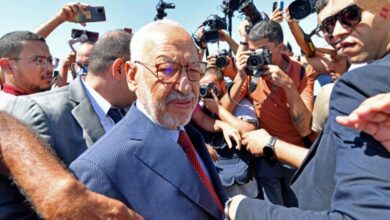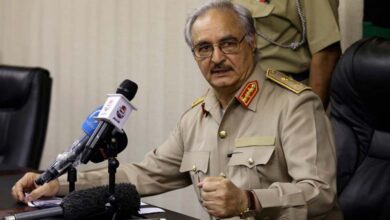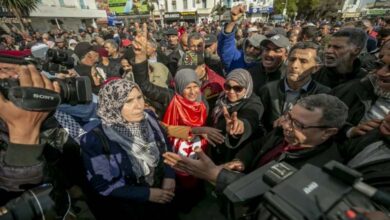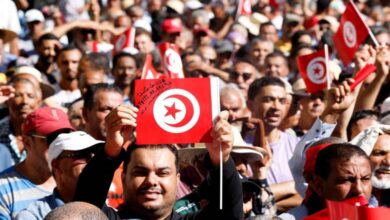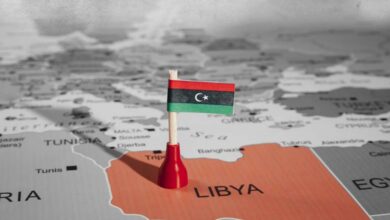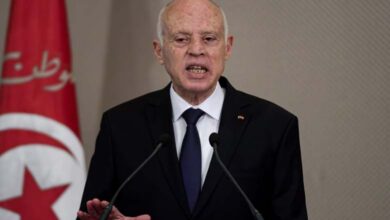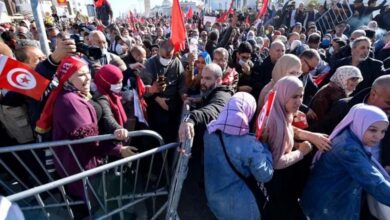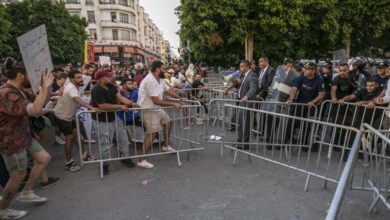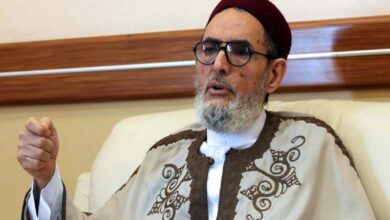What is happening in Libya’s Tripoli? Details
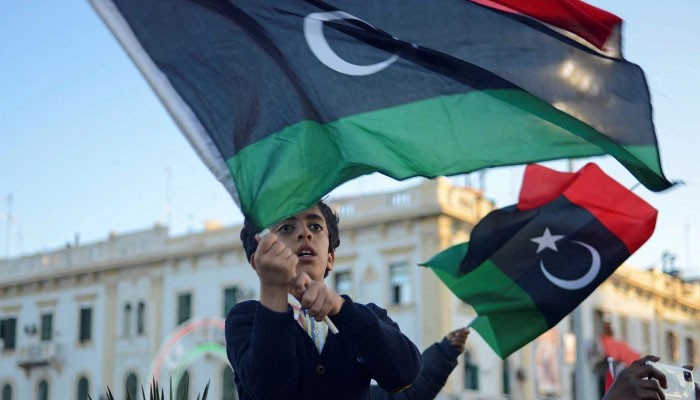
On Saturday night, several areas of the Libyan capital Tripoli witnessed violent clashes between armed elements affiliated with the President of the National Unity Government, Abdul Hamid Dbeibeh, and other elements affiliated with the Prime Minister of the Parliament-approved Government, Fathi Bashagha.
According to the Libyan Observatory, the clashes resulted in the death of at least two people and the injury of five who arrived at hospitals from the areas where the clashes took place, noting that the injuries were moderate to light.
Areas of the capital have been turned into military barracks, and a state of emergency has been declared around the prime minister’s office on Sikka Road. Meanwhile, the Stabilization Support Organization and the 55th Infantry Battalion have massed their forces west of the capital.
Gen. Oussama Jouili, a Bashagha operations commander, said: He said he refuses to negotiate with armed groups close to Dbeibeh, and believes that most of them “seek to do so with the logic of money and gain”. He demanded, however, that all armed groups withdraw from government headquarters and hand them over unconditionally, according to Libya’s al-Raed Network.
Local media reported that a source from the Bashagha government said that its forces would not resort to the use of force, saying that it could only be used to “retaliate the aggression,” indicating that the goal of this force is to head towards the government headquarters to secure it and enable the government to exercise its functions.
On the other hand, the Turkish Anatolia News Agency reported that a military source affiliated to the government of Dbeibeh said that military forces affiliated to the government of Dbeibeh have been deployed in the southern areas of the capital, in anticipation of any possible attack by armed brigades affiliated to the government of Bashagha, noting that this move came after the meeting between Muhammad Al-Haddad, the chief of staff of the pro-Dbeibeh militias, and some armed brigades in the western region.
The commander of the Stability Support Agency militias, Abdel Ghani Al-Kakli, known as “Ghniwa,” declared the state of Naffir in the Abu Salim area south of Tripoli. Mohammed Bahroun, known as “al-Far,” announced the formation of a joint room of the military zone brigades from Tripoli, the central region and the western coast, and the equipping of all the brigades affiliated with the Zawiya armed forces to participate in the expected process of settling the matter.
Several aircraft flew low over Tripoli, with military build-up and road closures in the capital.


